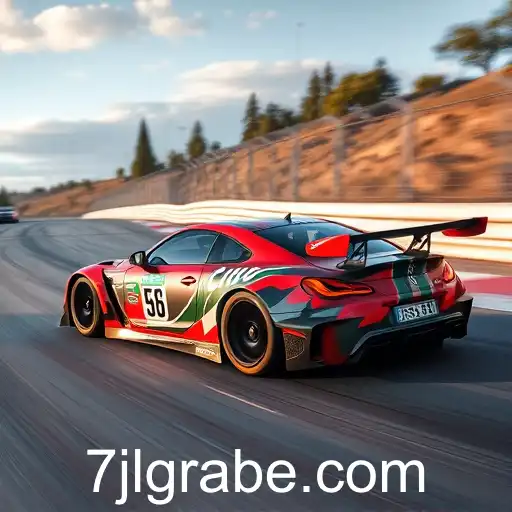
In the bustling digital landscape of the mid-2020s, online gaming communities have emerged as pivotal hubs of social interaction and engagement. These platforms, synonymous with camaraderie and collaboration, have increasingly captivated audiences worldwide, offering players a virtual escape and an opportunity to form genuine connections. One such community that has garnered considerable attention is 'jlgrabe,' known for its distinct approach and thriving ecosystem.
As we delve into the dynamics of 'jlgrabe,' it is evident that its success is not simply a byproduct of the games it hosts, but rather the robust infrastructure it offers for player interaction. With features that emphasize community engagement, such as forums, live streaming, and collaborative events, 'jlgrabe' has set a benchmark in creating a cohesive digital family. This approach has resonated with players seeking more than just gameplay, as they flock to platforms where they can share experiences, strategies, and memories.
Current reports suggest that participation in online gaming communities has surged, driven by technological advancements and a societal shift towards digital socializing. The rise of sophisticated virtual worlds has played a significant role, enabling players to immerse themselves fully in digitally rendered universes. These platforms have become significant cultural phenomena where real-world issues and trends are dissected, discussed, and even mirrored within these virtual realms.
Looking ahead, the influence of online gaming communities is poised to grow even further. As more game developers recognize the value of community-centric models, we can anticipate an array of innovations designed to enhance interaction and enrich the user experience. Sites like 'jlgrabe' will undoubtedly continue to be at the forefront of this movement, showcasing the potential of gaming platforms as vital social networks in their own right.
The symbiotic relationship between gaming and social interaction is reshaping how we perceive entertainment and connectivity in the digital age. With this evolution, online communities are no longer just spaces for recreation but are increasingly seen as integral parts of modern life, fostering interactions across diverse backgrounds and geographies.


